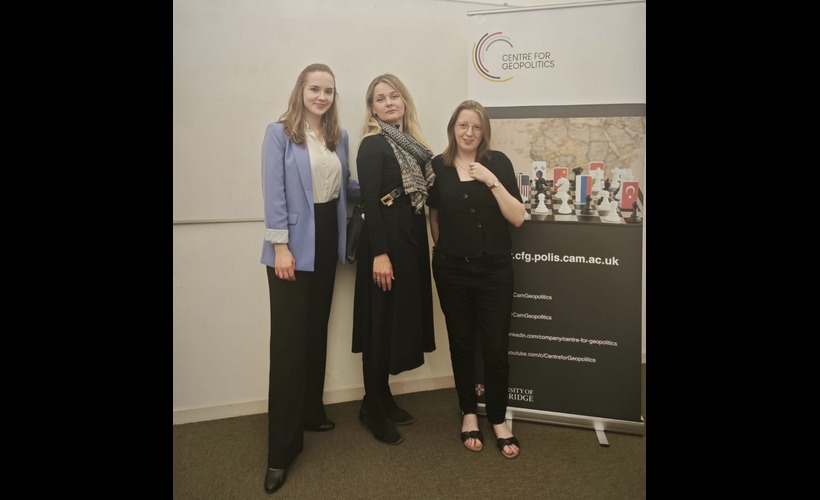The year 2024 marks the 10th anniversary of the revolution in Ukraine, which was a landmark event in the evolution of the post-Cold War world order. What in the end of 2013 started as a diplomatic showdown between Kyiv, Brussels and Moscow over Ukraine’s association agreement with the European Union, ended in the bloodiest conflict in Europe since the Second World War. Ukraine’s bold shift westwards in 2014 was closely intertwined with the Baltic region, which both influenced the events in Ukraine, and was influenced by them. Russia’s illegal annexation of Crimea and invasion of parts of Donbas in 2014 led to a gradual rethinking of security policy in the Baltic, including defence planning, military spending, troop deployment and the overall position of the region in the Euro-Atlantic security architecture. Revolution in Ukraine also reopened the questions of Ukraine’s membership in, and Russia’s relationship with, NATO. In the realm of energy policy, the region that had been largely dependent on Russian fossil fuels now faced ethical and security of supply concerns, while some states still opted to continue or even to increase their dependence on Russian energy. Ukraine’s geopolitical re-orientation also rekindled the historical memory of Ukraine’s association with the region and inspired thinking about the future geopolitical block of the ‘lands in between’. This symposium brings together the leading experts of history, theory and practice of international relations to discuss the Baltic role in, and Baltic responses to, the revolution in Ukraine and its immediate aftermath in 2014. Please see the symposium programme and the registration link on the right hand side.







